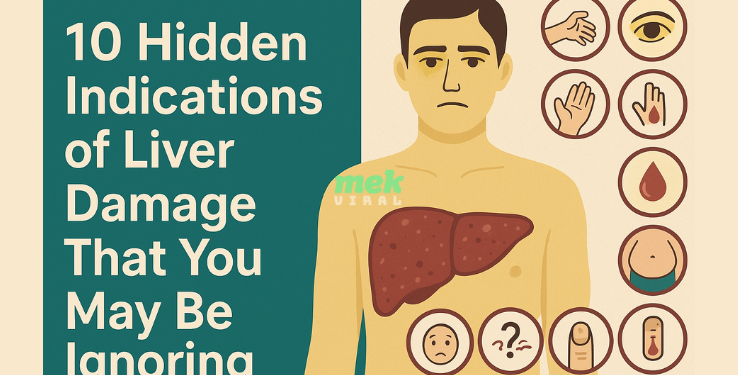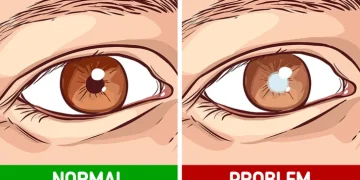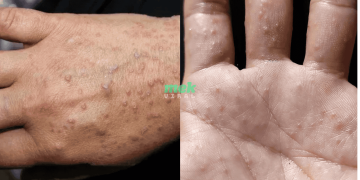However, in contrast to other organs, it frequently endures silent suffering. For years, liver damage may go unnoticed, exhibiting mild or inconspicuous symptoms before more severe problems develop.
You should never disregard these subtle indicators of liver damage that you may be overlooking.
1. Unexplained Fatigue
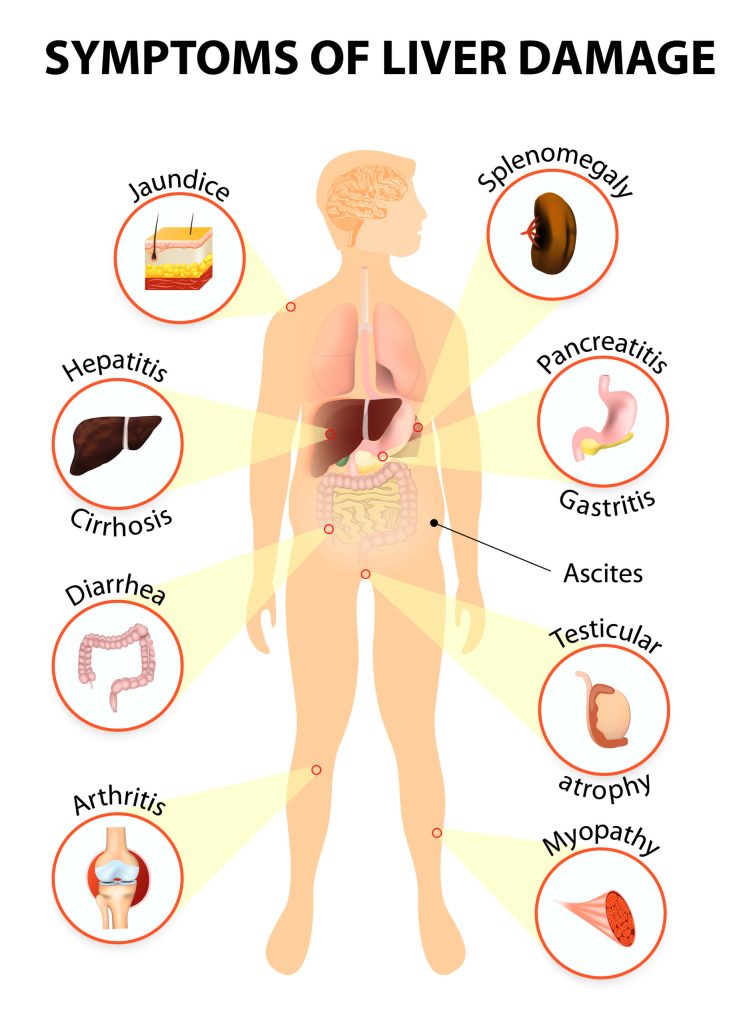
Despite getting a decent night’s sleep, do you constantly feel exhausted? One of the first and most prevalent signs of liver disease is chronic fatigue. Waste accumulates in the body as the liver’s ability to filter toxins declines, resulting in persistent fatigue.
2. Itchy Skin (Without a Rash)
Chronic itching, particularly when there is no apparent reason for it, may indicate a bile accumulation in the blood, which is frequently caused by liver problems. Usually beginning on the palms or soles, it can spread widely.
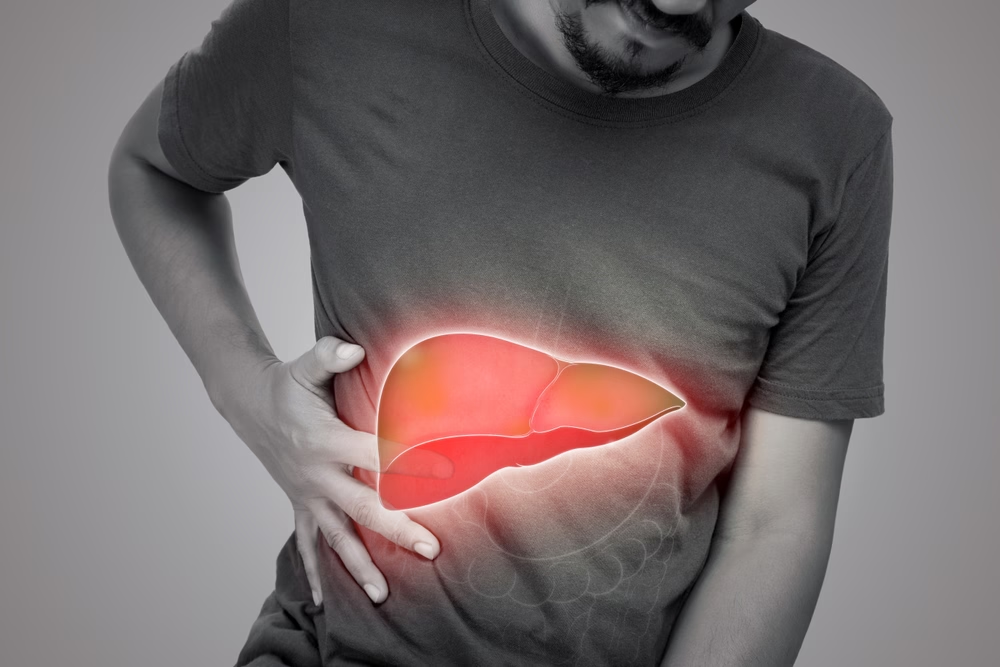
4. Swollen Abdomen or Ankles
Your stomach may appear bloated due to an enlarged liver or an accumulation of fluid (ascites) in the abdomen. Similarly, because liver disease impairs blood flow and causes fluid retention, it can cause swelling in the legs and ankles.
5. Dark Urine or Pale Stools
Color changes in the stool and urine are frequently missed indicators. While pale or clay-colored stools may indicate liver dysfunction or blocked bile ducts, dark urine may indicate elevated bilirubin levels.
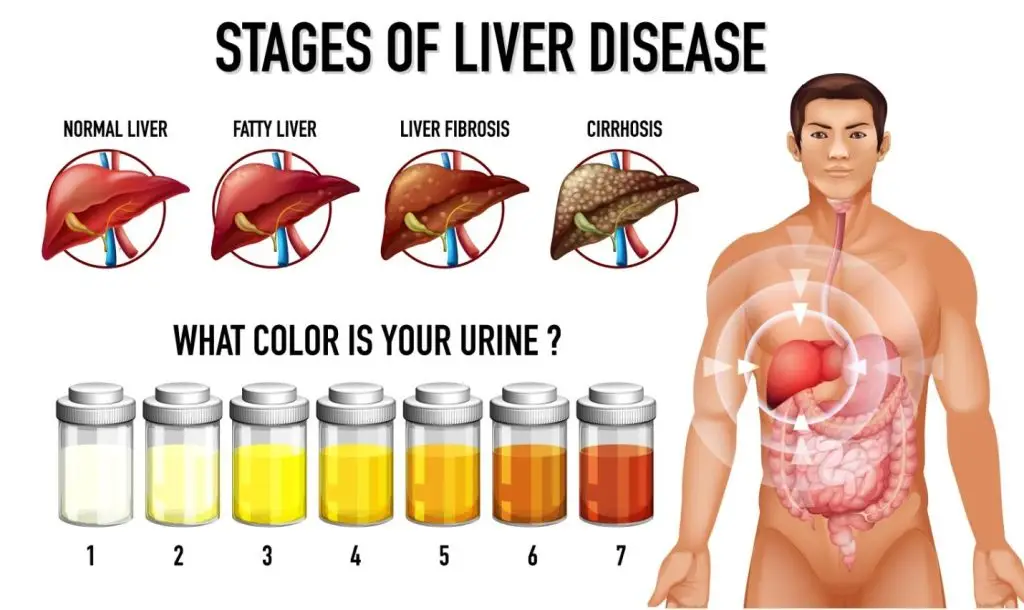
6. Brain Fog or Memory Problems
This disorder, also referred to as hepatic encephalopathy, is brought on by toxins such as ammonia building up in the brain as a result of compromised liver function. Mild confusion, trouble focusing, or memory loss are some of the symptoms.
7. Bad Breath (Fetor Hepaticus)
This isn’t your typical morning breath. Toxins escaping through the lungs can cause people with liver disease to have a noticeable musty or sweet smell to their breath.
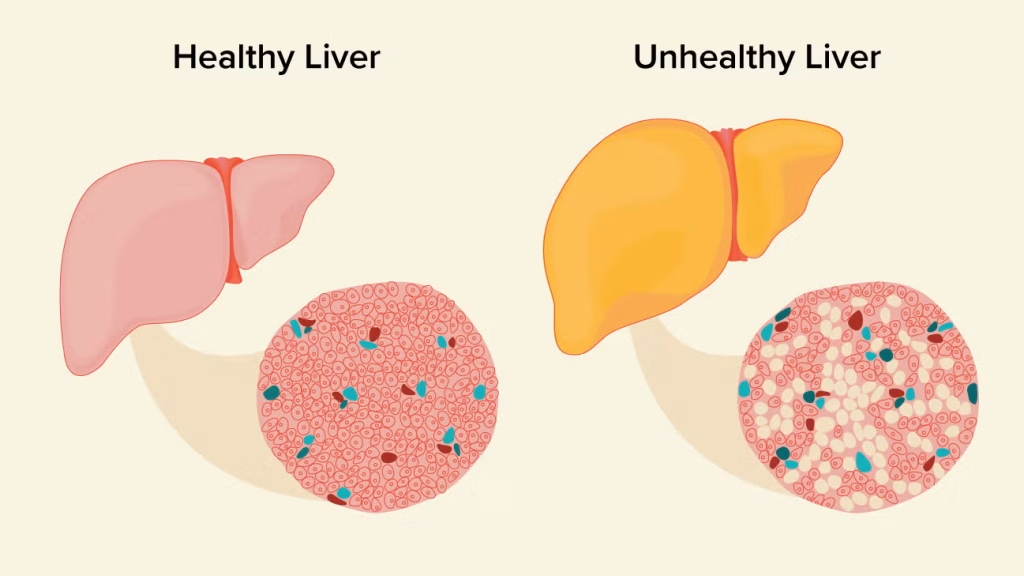
8. Red Palms or Spider Veins
Spider angiomas, which are tiny, spider-like blood vessels on the skin, and palmar erythema, or red palms, can be signs of liver problems, especially cirrhosis. Hormonal imbalances brought on by compromised liver function are frequently the cause of these changes.
9. Nausea and Loss of Appetite
You may experience nausea, bloating, or even a complete loss of appetite as the liver fights to filter toxins and control digestive processes. It’s worthwhile to look into any abrupt changes in eating patterns that don’t have a clear explanation.
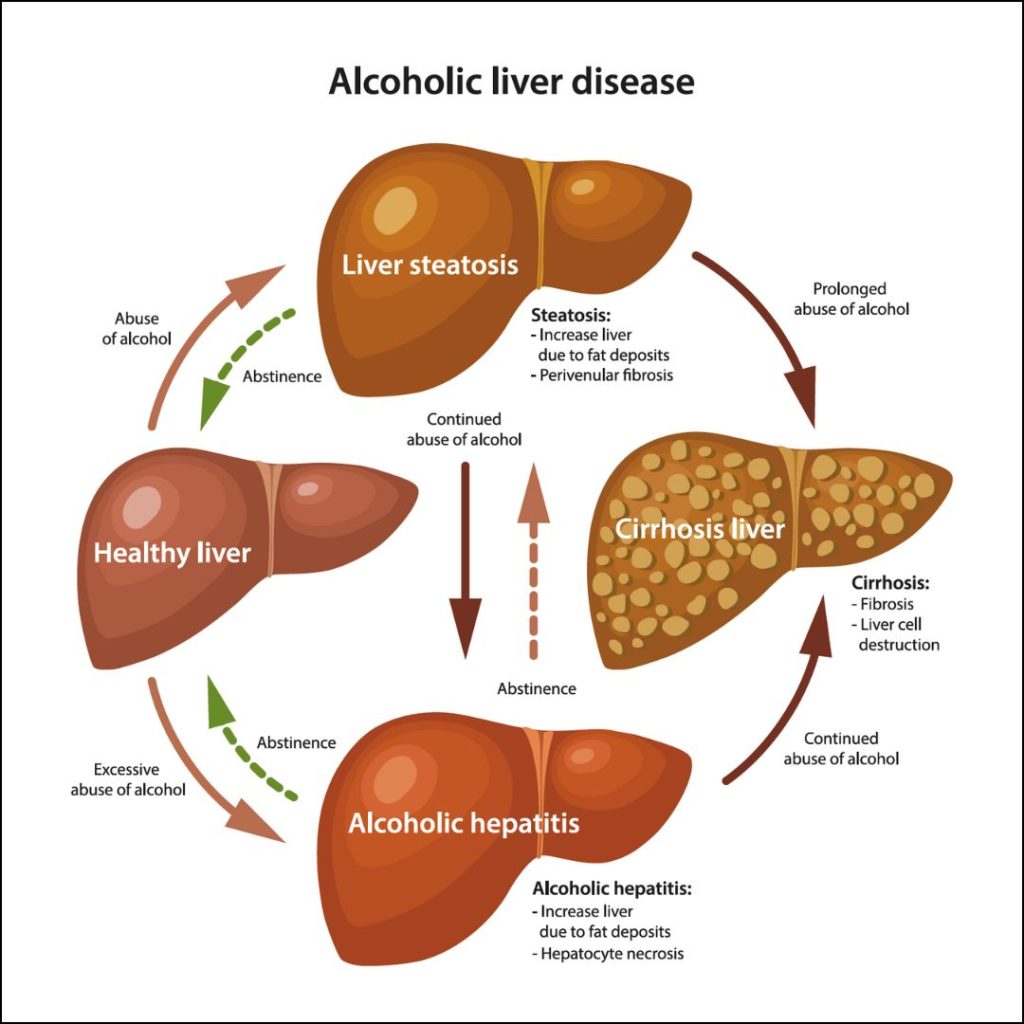
10. Yellowing of the Eyes or Skin (Jaundice)
Although not precisely “hidden,” jaundice frequently goes undiagnosed in its early stages, particularly if it is mild. It is caused by an accumulation of bilirubin, which is an obvious indication that your liver isn’t functioning properly.
When to See a Doctor
It’s critical to see a healthcare professional if you experience any combination of these symptoms, particularly chronic fatigue, inexplicable itching, or swelling. Imaging, liver function tests, and a thorough assessment can all help identify issues early and avoid major consequences.
Protecting Your Liver: A Few Quick Tips
- Limit alcohol intake
- Maintain a healthy weight
- Get vaccinated for hepatitis
- Avoid unnecessary medications or supplements
- Stay hydrated and eat a balanced diet
Despite its silence, your liver is constantly at work. It can make all the difference to pay attention to your body, especially the small changes. Avoid waiting for severe symptoms. You can avoid a lot of problems later by paying a little attention now.


